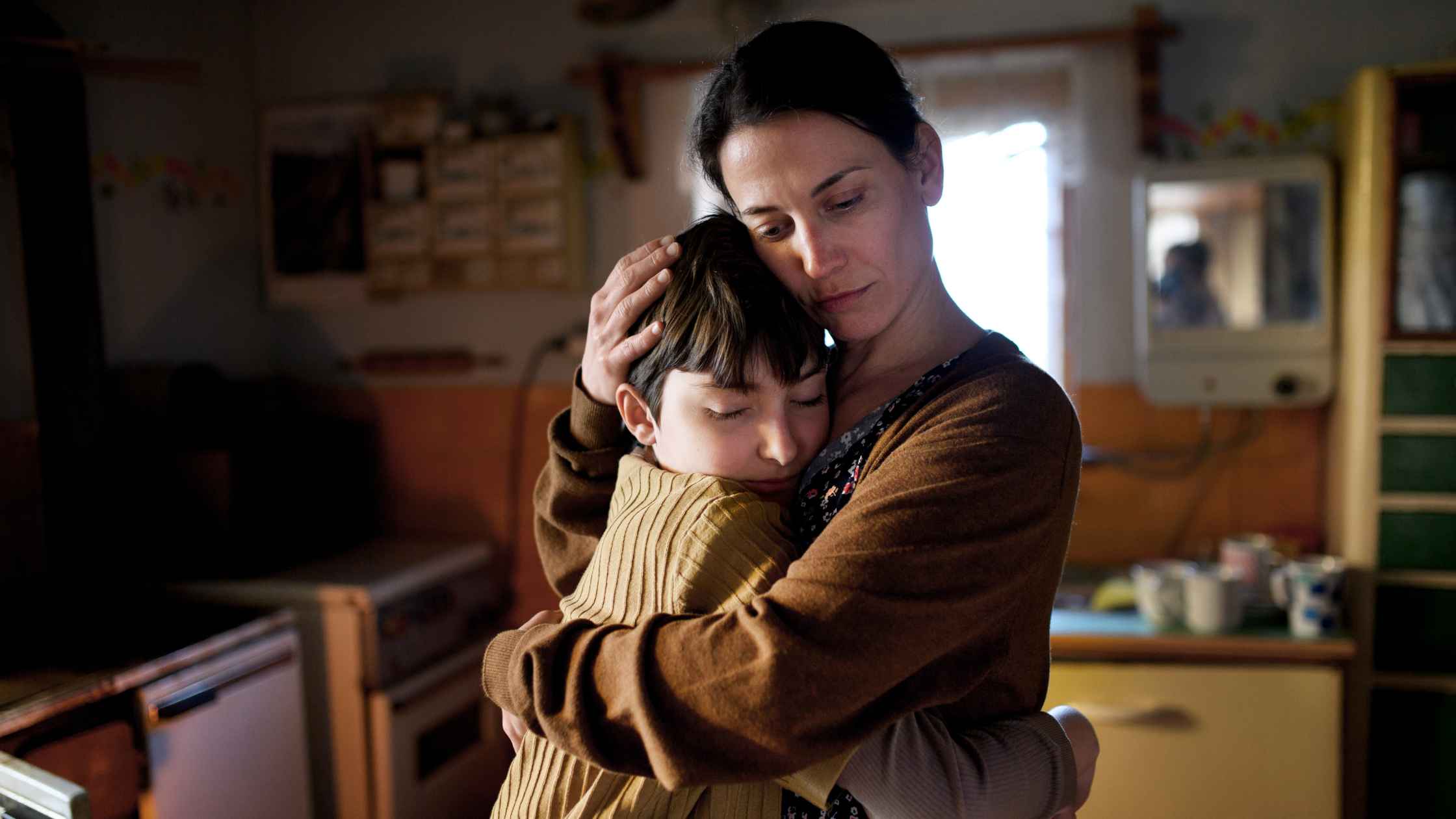As a parenting coach with over 15 years of experience working with families, I’ve learned that one of the most important things you can do for your children is to help them develop strong emotional health.
In today’s fast-paced, often stressful world, it’s more crucial than ever to give kids the tools they need to navigate their feelings, build resilience, and cultivate positive relationships.
In this blog post, I’ll share my top tips and strategies for raising emotionally healthy kids.
Model Emotional Well-Being

First off, the apple doesn’t fall far from the tree, if you know what I mean.
Your little ones are always watching and learning from you, so it’s crucial to model good emotional habits yourself. This means:
- Taking care of your own mental health (self-care isn’t selfish, folks!) 💆♂️
- Being open about your feelings in a healthy way
- Showing them how to cope with stress and tough times
When you prioritize your own well-being, you create a more stable environment for your kids to thrive in. Plus, they’ll pick up on those positive vibes and start mimicking them too. It’s a win-win!
I know, I know – easier said than done, right? Trust me, I get it. Parenting is a tough gig, and it’s easy to let your own emotional health fall by the wayside.
But remember, you can’t pour from an empty cup. Make sure you’re taking time for yourself, whether that’s hitting up a yoga class, grabbing coffee with a friend, or just taking a few deep breaths in the midst of the chaos.
And when you’re feeling all the feels? Don’t be afraid to express them in front of your kids (within reason, of course).
Let them see you cry when you’re sad, or talk through your frustrations in a calm way. This helps normalize emotions and shows them that it’s okay to feel a wide range of feelings. 😊
Validate Those Feelings

Speaking of feelings, let’s talk about validating your child’s emotions. Kids have big feelings, and sometimes they come out in some pretty wacky ways (hello, toddler meltdowns in the middle of Target). 🎯
But here’s the thing: their feelings are always valid, even if their behavior isn’t.
When your little one is freaking out because you gave them the wrong color cup, resist the urge to brush it off or tell them to suck it up.
Instead, try validating their emotions with something like, “Wow, you seem really upset about the cup. I get it, that’s frustrating.”
Validating their feelings helps them feel heard and understood, which is key for building emotional intelligence. Plus, it helps them learn to express themselves in a healthy way instead of bottling it all up inside.
Now, this doesn’t mean you have to condone bad behavior. You can still set limits and boundaries while acknowledging their emotions.
It might sound something like, “I know you’re angry that we have to leave the park, but it’s not okay to hit. Let’s take a deep breath and use our words instead.” 😌
Teach Coping Skills

Let’s be real, life can be tough sometimes. That’s why it’s so important to equip your kiddos with healthy coping skills from a young age. This could look like:
- Deep breathing exercises
- Counting to ten when they’re feeling frustrated
- Going for a walk or doing some physical activity
- Talking it out with a trusted adult
- Expressing themselves through art or music
The more tools they have in their emotional toolbox, the better prepared they’ll be to handle life’s ups and downs.
And don’t forget to model these coping skills yourself, too!
One of my favorite ways to teach coping skills is through play. Kids learn best when they’re having fun, so why not make it a game?
You could have a “calm down dance party” where you shake out all your wiggles and worries, or play “emotional charades” where you take turns acting out different feelings.
You can also weave coping skills into your daily routines. Maybe you do a few yoga poses together before bedtime, or practice deep breathing on the way to school.
The more you practice these skills in calm moments, the easier they’ll be to use when things get hectic. 🧘♂️🎶
Allow Room for Mistakes

Repeat after me: perfection is overrated.
As much as we want to protect our kids from every little bump and bruise (both physical and emotional), it’s important to let them make mistakes sometimes.
When they mess up, resist the urge to swoop in and fix everything for them.
Instead, help them reflect on what they could do differently next time and praise their effort (not just the end result).
This helps build resilience and a growth mindset.
And remember, it’s okay for you to make mistakes too! Apologize when you mess up and show them that it’s all part of the learning process.
I know it can be tough to watch your child struggle, but trust me – those mistakes are where the real growth happens.
Every time they face a challenge and come out the other side, they’re building emotional muscles that will serve them well throughout their lives.
So next time your little one spills their milk for the thousandth time or forgets their homework again, take a deep breath (see? modeling coping skills!) and see it as an opportunity for learning and growth.
Focus on Quality Time

At the end of the day, one of the best things you can do for your child’s emotional health is simply being present with them.
Carve out some quality one-on-one time each day, even if it’s just for 10-15 minutes.
During this time, put away your phone, follow their lead in play or conversation, and really tune in to what they’re saying (or not saying).
This helps build a strong, secure attachment and lets them know that they’re loved and valued just for being themselves.
I know, I know – finding extra time in the day can feel impossible sometimes.
But even just a few minutes of undivided attention can make a world of difference for your child’s emotional well-being.
Maybe it’s snuggling up with a book before bed, or having a silly dance party in the living room.
Maybe it’s going on a nature walk together and talking about your hopes and dreams. The activity doesn’t matter as much as the quality of the connection you’re building.
And if you have multiple kiddos? Try to carve out some one-on-one time with each of them whenever possible.
I know it’s not always feasible, but even just a quick check-in or cuddle can help them feel seen and heard.
Encourage Emotional Literacy

One of the most important skills you can teach your child is how to identify and express their emotions in a healthy way.
This is called emotional literacy, and it’s a key component of emotional intelligence.
Start by helping your child name their feelings. You can use simple language like “happy,” “sad,” “angry,” and “scared” for younger kiddos, and gradually introduce more nuanced terms as they grow.
You can also use books, movies, and real-life situations to talk about emotions.
When you’re reading a story together, pause and ask your child how they think the character is feeling.
Or when you’re out and about, point out people’s facial expressions and body language and talk about what emotions they might be experiencing.
The more you normalize talking about feelings, the more comfortable your child will become with expressing their own emotions in a healthy way.
Seek Support When Needed

Raising emotionally healthy kids is a big job, and it’s okay to need some extra support sometimes.
If you’re struggling with your own mental health, don’t hesitate to reach out to a therapist or counselor.
Taking care of yourself is one of the best things you can do for your child’s emotional well-being.
And if you’re worried about your child’s emotional health, don’t be afraid to seek professional help. A pediatrician, therapist, or school counselor can provide valuable resources and support.
Remember, asking for help is a sign of strength, not weakness. It takes a village to raise a child, and there’s no shame in leaning on that village when you need to.
Wrapping Up
Whew, that was a lot of info! But don’t worry, you don’t have to be perfect at this whole parenting thing. Just keep showing up, doing your best, and loving those kiddos fiercely. Their emotional health is in good hands with you at the helm.
Remember, raising emotionally healthy kids is a journey, not a destination. There will be ups and downs, victories and challenges. But every small step you take to nurture your child’s emotional well-being is a step in the right direction.
So, keep on keeping on, my friend. You’ve got this! And when in doubt, just remember – a little love, a lot of patience, and a whole heap of humor can go a long way in this wild ride we call parenting.
Now, how about you? What strategies have worked well for nurturing your child’s emotional well-being? Leave a comment below and let’s swap stories!




